
James O'Brien 10am - 1pm
1 November 2023, 10:48 | Updated: 1 November 2023, 10:51
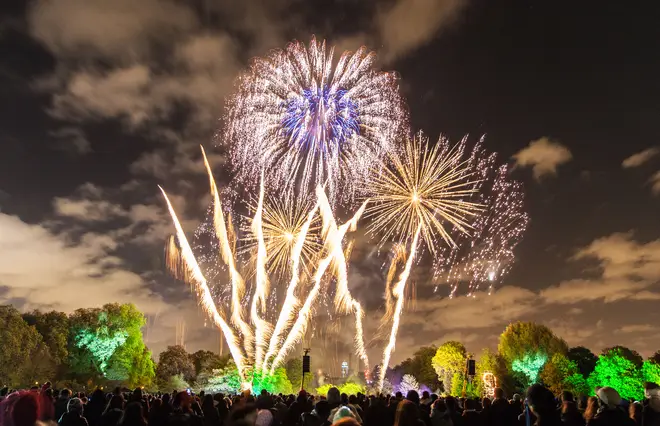
The laws surrounding fireworks and bonfires for Guy Fawkes night explained: Here's everything you need to know about the 5th of November.
Bonfire Night, also known as Guy Fawkes Night, is an annual celebration held on November 5th. It commemorates the failure of the Gunpowder Plot of 1605, in which a group of Catholic conspirators, led by Robert Catesby, attempted to blow up the Houses of Parliament in London.
The plan was to assassinate King James I and restore a Catholic monarch to the throne. Guy Fawkes, who had the task of lighting the fuse to detonate the gunpowder the plotters had placed beneath Parliament, was caught the night before and the plot failed.
Bonfire Night celebrations typically include lighting bonfires, setting off fireworks, and burning effigies known as "Guys" on top of the bonfires. This represents the execution of Guy Fawkes and the failure of the plot. Children often make up their own backyard Guy effigies leading up to Bonfire Night.
There are also food traditions like eating toffee apples, potatoes baked in the embers of the fire, and Parkin cake.
The rhyme "Remember remember the 5th of November, gunpowder, treason and plot. I see no reason why gunpowder treason should ever be forgot" is recited in commemoration of the event.
Read more: London's New Year's Eve fireworks ticket sales announced
Read more: Bonfire Night fizzles out across Manchester parks as council blames 'rising costs'
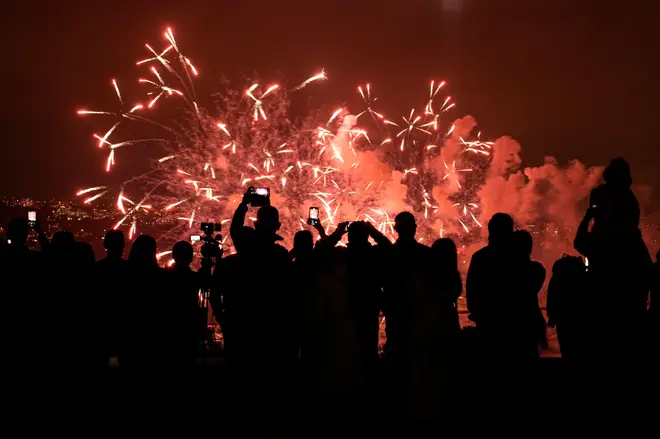
Fireworks are fun when enjoyed safely – that’s the message from the Royal Society for the Prevention of Accidents (RoSPA), as the nation prepares for bonfire night celebrations.
RoSPA says that attending an organised display is the safest option, but with some people unable to get out and about and some local councils cancelling firework displays, there could be an uptick in people celebrating at home. And with every bonfire night witnessing serious injury cases, RoSPA recommends anyone hosting a display at home to read its firework safety advice.
The Animal Welfare Act sets out suggestions on how to help pets even if the household setting off fireworks doesn’t have one of their own.
Government advice is to not set off fireworks near livestock or horses, or any buildings which contain livestock and anyone planning a rural firework display should warn neighbouring farmers in advance. The same recommendation is given for urban fireworks and neighbours should be warned about the explosions from fireworks.
Fireworks season can be a stressful time for our beloved pets, and their owners, our sister station Classic FM are bringing you special shows of relaxing classical music to help keep you and your furry and feathered friends calm and reassured around Bonfire Night - find out more here
Read more: 10 calming pieces of classical music for your pet
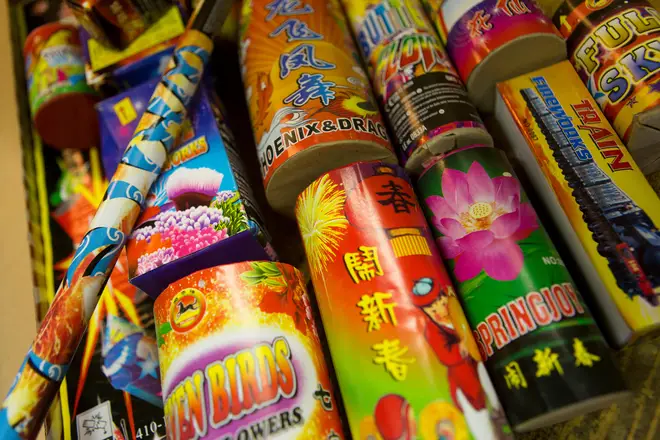
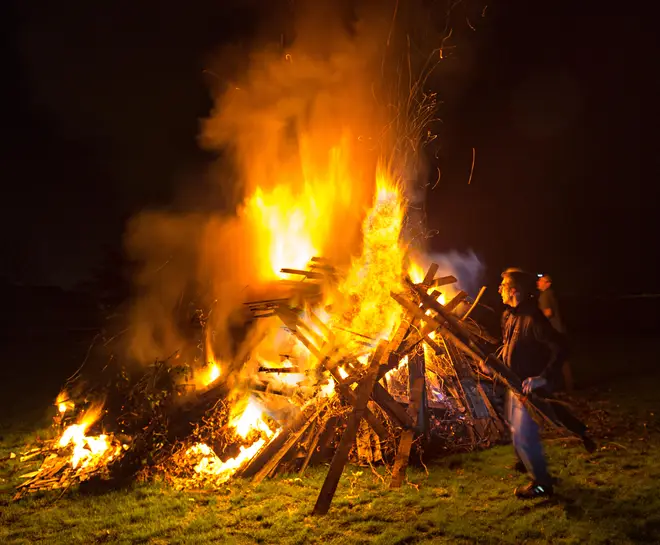
First aid and healthcare charity St John Ambulance is urging everyone to learn basic first aid skills ahead of Bonfire Night and Diwali celebrations.
Volunteers from St John will be out and about, keeping communities safe at dozens of fireworks events across the country so that anyone who needs first aid gets it quickly. However, injuries are much more likely to occur at private parties, where trained volunteers won’t be on hand to help.
Thousands of people visit A&E every year for treatment of a firework-related injury but knowing how to treat in a firework first aid emergency can be vital to help prevent avoidable trips to hospital, reducing pressure on the NHS.
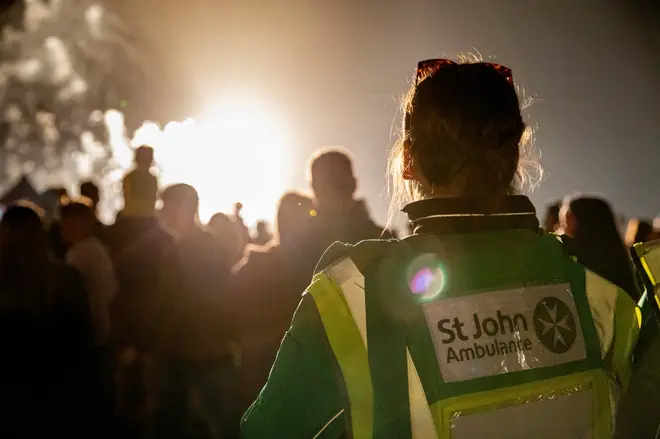
If someone’s got a burn or scald:
Debris in the eye
If someone’s got something in their eye:
Smoke inhalation
If someone’s inhaled smoke fumes:
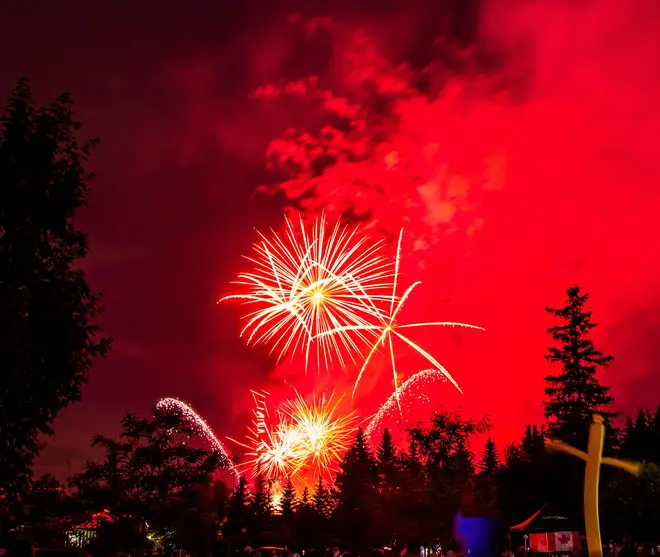
Dr Lynn Thomas, Medical Director at St John Ambulance, said: “Our highly-skilled volunteers are a familiar sight every year as they keep local communities safe at many firework events and Diwali celebrations across the country. Their presence will be a reassurance that, should anyone need first aid assistance, there is someone with the correct training on hand.
“For those celebrating at smaller community events, we would, as ever, urge extreme caution and advise strictly following instructions when handling, lighting and watching fireworks. In those unfortunate instances when someone has a minor injury, knowing what to do and acting fast can prevent further harm and relieve suffering. However, always dial 999 in the case of serious injuries.”
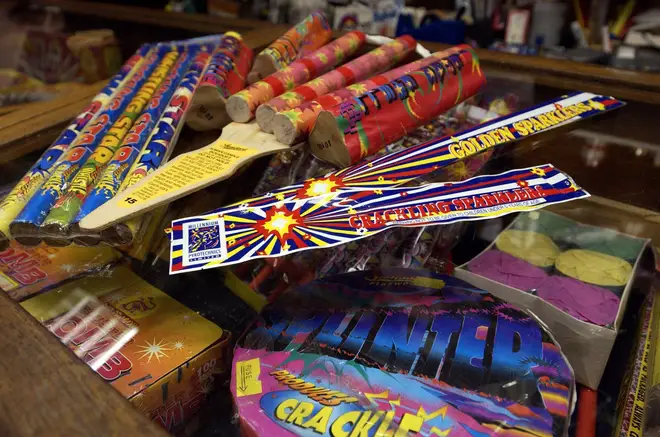
Phil Le Shirley, Public Safety Advisor at RoSPA, said: “Bonfire night can be a magical time for families and communities, and we believe the safest way to enjoy fireworks is by going to an organised display where there will be the appropriate safety protocols in place.
“However, we do recognise that not everyone can attend organised displays and may wish to have their own at home. We therefore advise those people to only purchase fireworks from licensed sellers, follow the manufacturers guidelines and dispose of them safely.
“It’s also important to remember that sparklers are classed as fireworks and therefore are illegal to be sold to anyone under the age of 18, and sparklers should not be given to children under the age of five.”